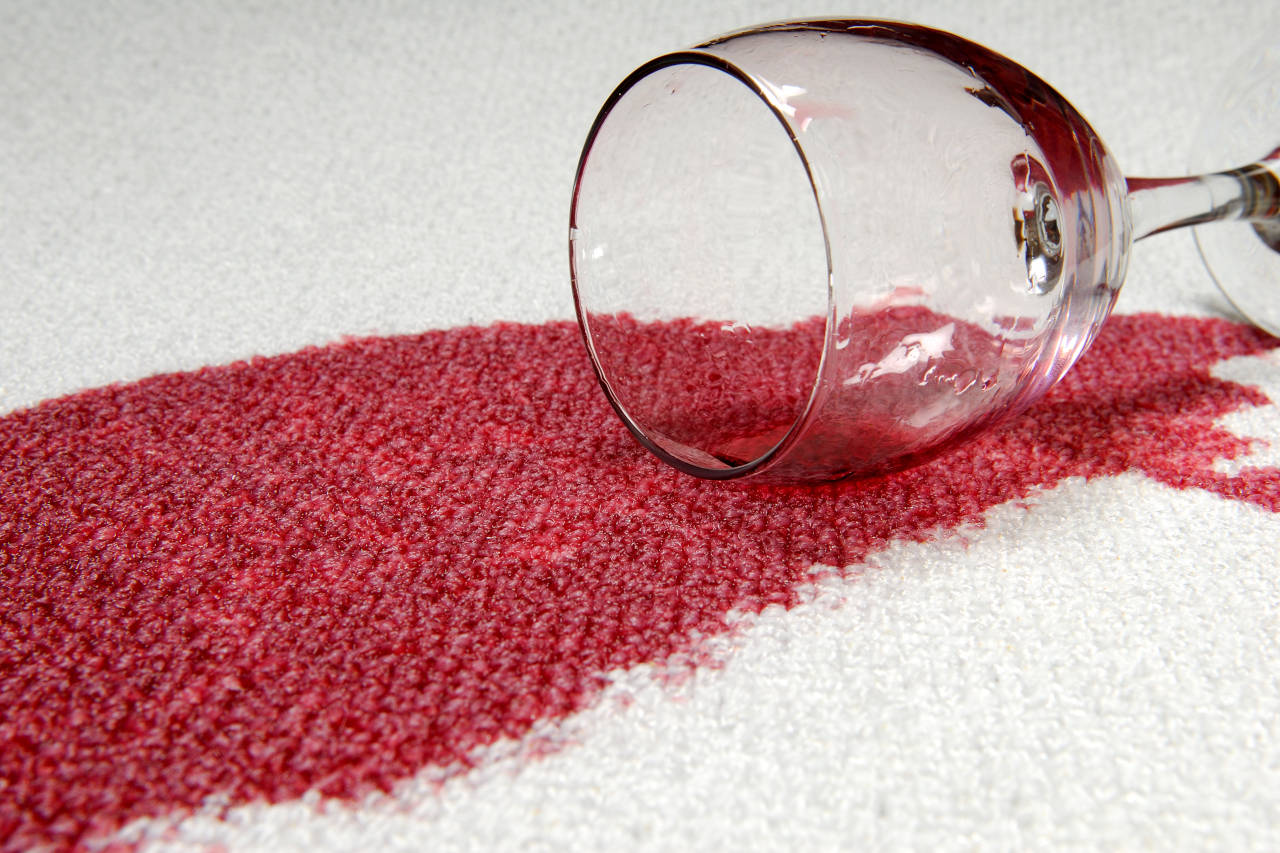Average Carpet Repair Cost – 2024 Cost Guide
Over time, carpets will loosen from their tacks and ripple or wrinkle, as well as get stained by pets and children. Even adults are not immune to spilling food, wine, and coffee. Worn areas might need to get replaced or patched to make it look new again.
However, nothing beats the feeling of plush wall-to-wall carpeting under your feet. We'll cover the most carpet repairs needed and the cost of each in more detail below.
2024 Carpet Repair Costs
Calculate local project costs by entering your zip code.
Custom Location
| National Average Price | $195 |
| Typical Price Range | $80 - $450 |
On this page:
How Much Does it Cost to Repair Carpeting?
Installing new carpet can be costly. Therefore, it might be worth the expense of frequent cleaning and sometimes repairs.
Although it depends on what repair service you need, the average cost for carpet repair is $195. You might pay as little as $80 or up to $450. A local company might be able to deep-clean your carpet, patch frayed areas, remove stains, and add protective stain repellents.
However, since the typical price range to get new carpet is usually in the $1,200 – $1,400 range, repairing is often a cost-efficient choice.

Carpet Stains
Although using a carpet guard product like Scotchgard or Stainmaster can prevent stains from setting in, most homeowners consider these until after they get a stubborn stain that won’t come out.
Stains are a commonplace repair, particularly for pet owners and those with young children. Red Kool-Aid on white or light color carpeting is a notorious problem and challenging to get out once it sets.
Pet stains, blood, coffee, and food are other common problems. A professional cleaning often costs $125 – $250 and can usually get out stubborn stains.
If cleaning alone doesn’t work, you may need further repairs, such as a patch or dye.
Carpet Weaving or Patching
Usually, when you get a cut, run, or hole in your carpet, you have two choices, cut that portion out and patch it, or use a tiny “plug” of the same material to make it match.
Professionals can also use patching to make worn areas look new again. The average cost to patch a carpet is $150 – $250 for each piece that needs repair. You can get a DIY repair kit for around $50. You could try that first, and if you mess it up, then hire a professional.
It’s important to note that with DIY kits, you may not get the correct color, texture, or other materials needed to properly patch all carpets.
Carpet Dye
If your carpet is still in good condition, you can get a professional to dye it to get rid of pesky stains and refresh the look. This service usually costs between $100 and $600, depending on how much carpet or square feet you want dyed.
Although you could do this as a DIY project, the equipment and supplies necessary typically make it more cost-effective to hire a professional service. Carpet dying typically costs between $1.50 and $2.50 a square yard to have professionally done.
Stretching Carpet
After a time, your carpet might need to be stretched due to high humidity or low-quality material or installation. Carpets will pull away from their tacking strips close to or under the baseboards.
This movement will create wrinkles across the surface. This shifting of the foam underlayment or the floor covering can accelerate wear. Rippled carpet can also be a trip hazard and should be repaired in a timely way to prevent accidents.
Many people think they need to replace the rippled carpet, but you can usually stretch and re-tack it to make it look brand new. You will need to hire a local stretching or repair business to pull and re-tack it. Some services refer to this procedure as “re-stretching.”
The average cost of stretching and re-tacking is $550 to $800 for 1,000 sq. ft. or $0.55 to $0.80 per square foot.
Hopefully these repair tips help avoid the need for a full carpet replacement. If you are considering a replacement, try our carpet calculator.
All pricing information on this page is based on average industry costs, and is subject to variance for project-specific materials, labor rates, and requirements.


